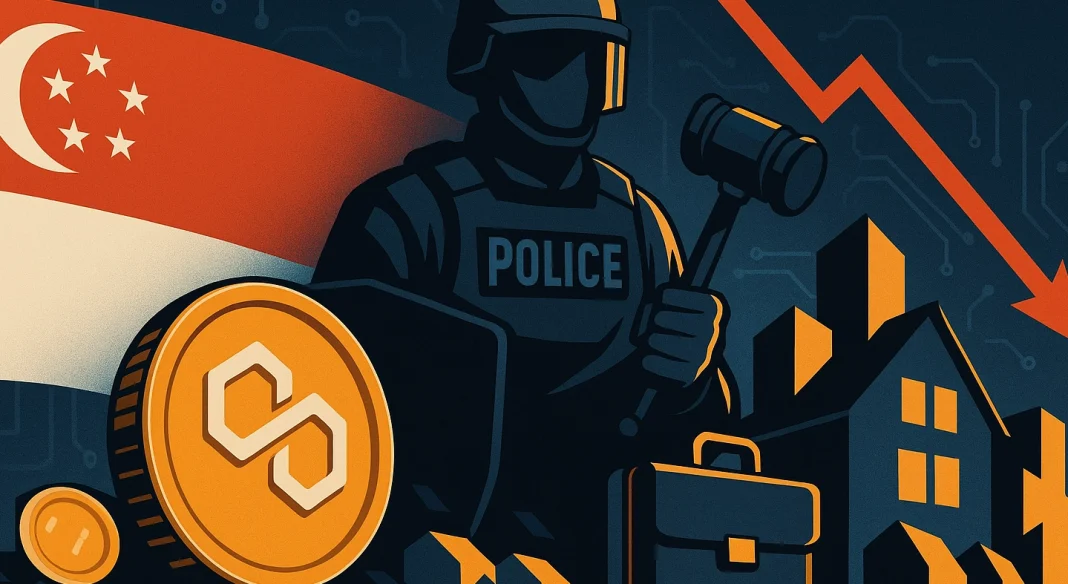Alright, picture this, you’re at the office, grinding away, when suddenly the boss drops a bombshell. Stop working on that big project, or you’re out.
That’s exactly what Singapore’s Monetary Authority, the MAS just did to local crypto firms.
They’ve laid down the law, and by June 30, 2025, if you’re a Singapore-based crypto company dabbling in overseas crypto services, you gotta either stop or get a license.
No exceptions. And if you don’t? Well, brace yourself for fines up to 250,000 Singapore dollars, and possibly even jail time.
Licencing requirements
MAS is clamping down hard on Digital Token Service Providers, aka DTSPs under the Financial Services and Markets Act of 2022.
They made it crystal clear, no transitional grace period for firms offering token services abroad.
If you’re incorporated in Singapore and running crypto operations overseas, you’re either getting licensed or shutting down those activities by the end of June.
Think of it like your office telling you, no more side gigs after hours unless you get official approval.
Singaporean firms
Now, you might be wondering, can’t these firms just get licensed and keep going? Well, not so fast.
Of course they can, but a legal expert, Hagen Rooke, a sharp mind from Gibson, Dunn & Crutcher, thinks licenses under this new framework will be handed out only in very rare cases.
Why? Because regulators are jittery about risks like money laundering and terrorism financing.
MAS wants to make sure no funny business slips through the cracks. So, most companies will have to rethink their strategies fast, maybe restructure operations to cut ties with Singapore altogether.
This move is likely about plugging loopholes in cross-border crypto regulation. MAS is worried that some firms might be using Singapore as a safe harbor to operate overseas without proper oversight. And that’s no bueno.
The FSM Act gives MAS the muscle to regulate crypto firms even if their services don’t touch Singapore directly, as long as the company is registered there.
It’s like the boss saying, you’re responsible for what you do, even if you’re sneaking out the back door.
Ready or not
For the crypto community, this is a pretty big shake-up. There are a lot of companies, operating in the city.
And now, this rule signals Singapore’s serious commitment to cracking down on risks in the crypto industry.
If you’re a crypto firm with a Singapore address and overseas ambitions, you better be ready to either get licensed under tough conditions or pull the plug on your foreign operations.
So, the clock’s ticking. It’s like those office moments when you realize the deadline’s today, not next week, and you gotta act fast or face the music.
Disclosure:This article does not contain investment advice or recommendations. Every investment and trading move involves risk, and readers should conduct their own research when making a decision.
Kriptoworld.com accepts no liability for any errors in the articles or for any financial loss resulting from incorrect information.


